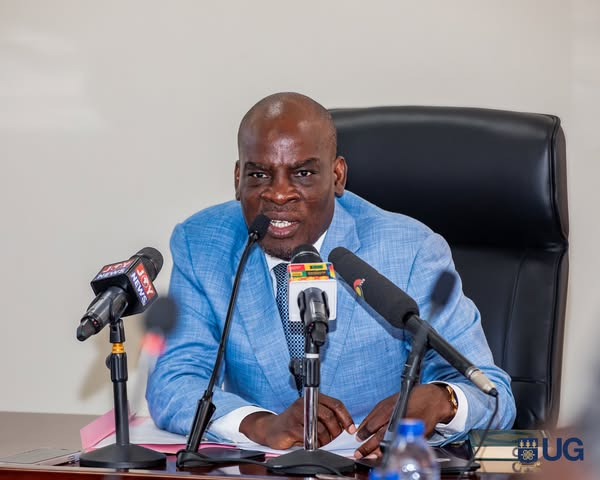The Climate Crisis Requires Extraordinary Action
The climate crisis is an undeniable reality, posing a significant threat to our planet. Its effects are far-reaching, impacting every continent, disrupting livelihoods, and endangering future generations. The crisis manifests through rising global temperatures, droughts, floods, and the melting of polar ice caps. In regions like Nigeria and across Africa, it's altering agricultural patterns, intensifying food insecurity, and displacing communities, where farmers struggle with unpredictable rains, herdsmen face conflicts over dwindling pastures, and fishermen return with smaller catches.
Despite the pervasive threats, there's a misconception that tackling climate change is solely the responsibility of governments and large corporations. While these institutions have a crucial role, collective, community-led change is equally vital. Every individual has a moral duty to act decisively, regardless of their background. Simple acts, when multiplied by millions, can lead to transformative change. One such area is waste management, where cities and villages are overwhelmed by plastic and non-biodegradable waste. Individuals can make a difference by refusing single-use plastics, recycling, and participating in community clean-ups. Women in rural areas can revive eco-friendly practices like using reusable containers and natural packaging.
Energy use is another area where individual actions matter. Switching to energy-saving bulbs, turning off appliances when not in use, and investing in solar technologies can reduce energy consumption. In agriculture, adopting climate-smart practices like agroforestry, composting, crop rotation, and water harvesting can increase productivity while protecting the environment. Governments and NGOs should support these transitions with training and resources.
Education, especially of the youth, is essential. Climate change should be integrated into school curricula to empower young people with knowledge. School clubs can plant trees, organize awareness campaigns, and innovate eco-friendly solutions. Community engagement is also crucial, with leaders and religious figures mobilizing communities to promote climate responsibility. Faith-based organizations can integrate environmental care into their teachings.
Technology and digital platforms can amplify climate messages and connect individuals. Social media can raise awareness and pressure decision-makers to act. Local artists can use their craft to advocate for policy changes. Governments must support these efforts with inclusive climate policies and funding for community-based projects. National budgets should prioritize environmental concerns, and leaders should be held accountable for climate commitments.
The climate crisis is a human issue affecting our food, air, water, homes, and future. It impacts health, security, education, and justice. Our ancestors lived in harmony with nature, and we owe it to future generations to do the same. Despite the crisis, we have the ability to respond. Ordinary people can take extraordinary actions to save our planet for posterity.









